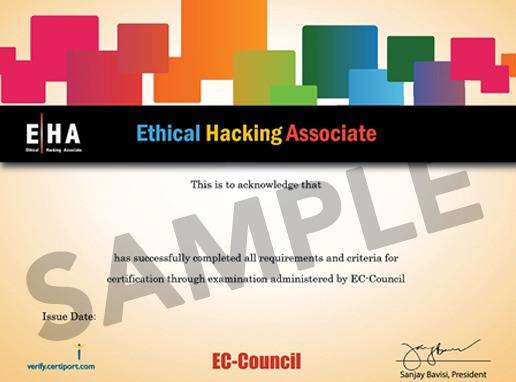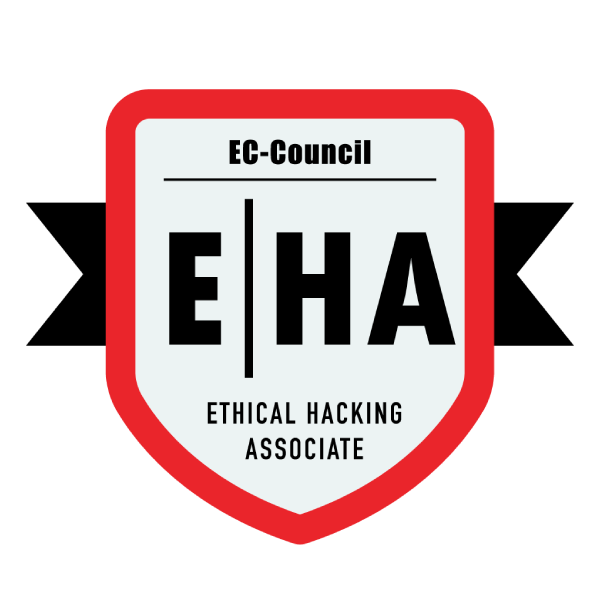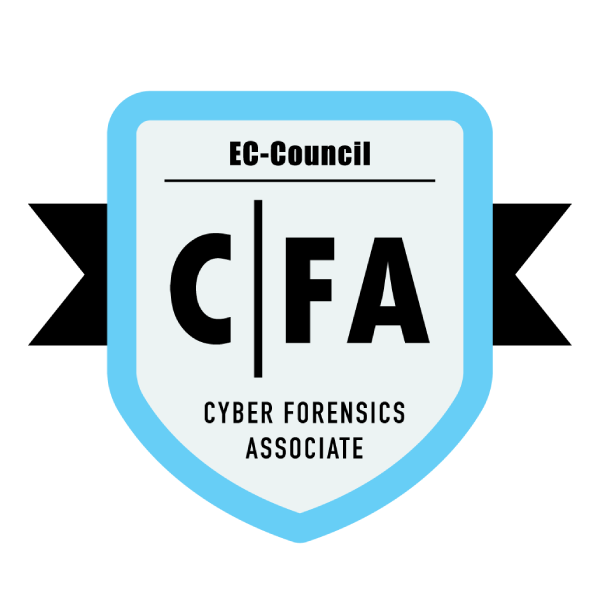EC Council Associate
Value of EC Council Associate Certification
EC-Council Associate offers cybersecurity certifications covering a "Red Team", offensive, and "Blue Team", defensive, approaches. Ethical Hacking Associate (E|HA) and Cyber Forensics Associate (C|FA) will allow students to get started in the exciting, yet critical, world of cybersecurity. These certifications validate entry-level knowledge in these areas and prepare individuals for advance, professional EC-Council certifications to continue learning the latest practices when preventing and addressing cybersecurity.
Explore EC Council Associate Certifications and Category
Remark Skill Live Online EC Council Associate Certified Training
Live Interactive Classes with Certified Trainers
Time Saver by studying at home
Work on EHA and CFA Course Curriculum
Access to E books
Access Recorded Video Lectures
Get Software Toolkit
Live Projects along with Practical Training
Clear your doubts with a access to dedicated chat group with your trainer and batch mates
Job related guidance related to your course
Browse Certifications
Take a Look at Sample of Certifications


EHA Certificate after clearing exam


CFA Certificate after clearing exam


Course Completion Certificate from Remark skill


Easy Steps to get EHA and CFA Certified with Remark Skill Online Training
- #1


Choose Course
- #2


Make Payment and Book your seat with Remark
- #3


Learn the skill and get learning kit from Remark Online Classes
- #4


Get EC Council Associate Voucher
- #5


Take the Proctored Exam on the examination portal on the scheduled date
- #6


Pass the Exam and Get (E|HA) or (C|FA) Certified
Commonly Asked Questions
As per Bureau of Labor Statistics the demand for cybersecurity talent continues to outstrip supply. Information security analysts’ employment is projected to grow 28 percent from 2016 to 2026, much faster than the average for all occupations. Demand for jobs in cybersecurity is expected to be very high, as these analysts will be needed to create innovative solutions to prevent hackers from stealing critical information or accessing unsecure networks.
Yes


